
Aspiring Black high school and community college baseball players gather for the Pro-Youth Foundation College and HBCU Showcase at South Gwinnett High School. Photo by Harold Michael Harvey
There is a myth that Black youngsters are not playing baseball these days. If you look at Major League Baseball (MLB) rosters and most Historical Black Colleges and Universities (HBCU), it is easy to come away with that impression. Around eight percent of professional baseball players are Black Americans. This number is down from approximately 30 percent in the late 1970s, thirty years after Jackie Robinson broke the color barrier that kept Black baseball players off major league rosters.
By 1993, Latino baseball players moved passed Black players claiming 27.4 percent of all roster spots in 1993, and at no time after 2013 has the percentage of Latino players dropped below 27 percent, rising to 29.2 percent in 2005 and tipping the scales at 29.8 percent in 2017, according to the Society of American Baseball Research.
Black college baseball teams, once a fertile recruiting farm system for Negro Leagues Baseball teams, are today, on average, comprised of over 85 percent white players. This situation is especially true for the state-sponsored HBCUs like Albany State University, Alabama State University, Alabama A & M University, Kentucky State University, Florida A & M University, and North Carolina A & T University.
Private HBCUs like Tuskegee University, Morehouse College, Claflin University, Voorhees College, and Clark-Atlanta University maintain rosters with nearly 100 percent Black players.
Two small private church-supported schools have taken a different route in assembling competitive teams. Lane College and Miles College are supported by the Christian Methodist Episcopal Church, founded as the Colored Methodist Episcopal Church in 1870, to service Black Americans newly freed from enslavement.
Lane College maintains a majority Black roster, while Miles has a majority white registration. Three years ago, Miles College won the Southern Intercollegiate Athletic Conference by defeating Lemoyne-Owens, another small private HBCU that fielded a 99 percent Black roster.

PYF founder former professional baseball player Chip Lawrence. File Photo
Chip Lawrence, a former professional baseball player, is out to increase the level of participation of Blacks on MLB rosters, in other lucrative jobs in the front offices of MLB franchises, and Black College baseball.
Lawrence played collegiately at Southern University, an HBCU in Baton Rouge, Louisiana, and in the San Diego minor league system before becoming a scout for the Padres. He is currently the cross checker for the San Diego franchise and leads the Pro-Youth Foundation (PYK). The foundation’s theme is “providing resources and opportunities.” In addition to teaching baseball skills to kids from little league to high school, PKY includes life skills that enable youngsters to develop good habits that lead to successful lives.
Several years ago, Lawrence started hosting a baseball showcase in the metropolitan Atlanta area, a hotbed for Black baseball talent in America. This year’s event was doubtful because of the coronavirus pandemic sweeping the globe.
“I started not to have a showcase this year,” Lawrence said while a steady stream of young men waited in line to confirm their registration.
“I wasn’t sure if we should do it, but I kept getting more and more interest from parents wanting an opportunity to showcase their son to college coaches, so we made the decision that we had to fulfill this need in the community.”
Usually, Lawrence hosts a two-day event dubbed the “YKP College and HBCU Showcase.” Go figure, in the year of the pandemic, instead of calling off the showcase, he expanded it to three days, opening on Friday and running through Sunday.
“The response was so good that we decided to do three days this year. We average about 100 kids each day, so this year we will service about 260 kids,” Lawrence said.
Parents hoping to get their athlete in front of an HBCU head baseball coach flocked from all over the country to attend the showcase.
One family, the McCollins, drove overnight from the Mississippi Delta, hoping their son, Jordan D. McCollins, would catch the interest of Reggie Hollins, head baseball coach at the historic Tuskegee University. They delayed their trip several hours because the young man’s mom, Sheenah, had to administer dialysis to his father, Dexter before the three of them could get on the road.
“Plans called for the Friday showcase, but when I heard about their situation, I scrambled to make room for them in the Saturday session,” Lawrence said.
The young student-athlete, 5 feet 8 inches and 158 pounds, has a 3.6-grade point average and wants to be an engineer. If successful, he will become the fifth engineer in the family. Jordan, a middle infielder, who sometimes plays on the corner at third, is attracted to Tuskegee not so much for its baseball program, which is on the rise, but because of its nationally acclaimed engineering program.

From L-R Roosevelt Barnes with the Cincinnati Reds RBI Program and Tuskegee University Head Baseball Coach Reggie Hollins. Photo by Harold Michael Harvey
“I have been to about three other showcases,” Jordan said, “this one was the best. I learned some things about footwork drills from some of the other guys that I can work on by myself.”
Jordan did not get to talk with Coach Hollins on Saturday but did text him a couple of days later.
When asked what he liked about Tuskegee, McCollins said, “ I like the fact that it is such a historic campus, and I understand that they have a good baseball program. I want to stick with an HBCU because of the historical people who come out of the HBCUs.”
Former major league pitcher Courtney Duncan brought his son down from Huntsville, Alabama, to showcase. Duncan knows the importance of an HBCU experience. He played collegiately at Grambling University under the direction of Head Coach James Randall, who is now the Head Coach at Claflin University. Coach Randall also played baseball at Grambling before a brief stint in the major league. Duncan was reunited with his college coach as Coach Randall was at the showcase looking for that next Courtney Duncan.
Families came from New York, Chicago, Arizona, California, and all over Georgia. Jeffery Hammonds, a 13 year MLB outfielder, retired in 2005 after belting 110 homers and batting a respectful .272. He is currently the Associate Director for Player Programs and Initiatives for the Major League Baseball Players Association. He brought his son down from New York to shop for his skills to HBCU coaches.
Hammonds played college baseball at Sanford in the late 1980s. Yet, he understands the importance of HBCUs to the total development of young people today.
“Major league scouting does not go to the source of the talent these days. That is why Chip’s [Lawrence] showcase is so important,” Hammonds said.
Then added, “We have to do a better job of bringing Black baseball players back into the conversation.”
In recent years, MLB has shown an interest in improving its relationship with youth league baseball in the Black community and HBCU baseball programs. For instance, the Atlanta Braves franchise has partnered with Tuskegee University, located 130 miles south of Atlanta, to sod Washington Field where the Golden Tigers began playing baseball in 1893. The ball field bears James Washington’s name, the brother of the school’s first principal, Booker T. Washington.
This partnership will allow the Tuskegee baseball program to resume playing home games on campus. Since 2009, the school had to rent a minor league park in Montgomery, Alabama, to play their games thirty miles away.
Speaking of Tuskegee, Coach Hollins came out to assess the talent on the field. He was impressed with three things: The physical size of the kids, high-grade point averages, and a high level of baseball IQ.
There was a time when the larger Black athletes opted for football and basketball after the middle school years. Now the bigger kids are sticking with baseball longer. The registration printout was replete with kids between 6’ 2’-6’5’, many ranging from 200–225 pounds.
“I am impressed with the size of the kids. Many of them have good grades, and good baseball IQ,” Hollins said. He added that he is recruiting for the class of 2022 because the NCAA has extended the playing time for kids whose eligibility took a hit due to the pandemic.
Also, the St. Louis Cardinals announced a $1.2 million renovation and construction project at Harris-Stowe University to restore Star Park on campus, where the Negro League St. Louis Stars played baseball from 1923–31. Star Park will open for play during the 2021 season. The complex will host Harris-Stowe’s baseball and softball facilities.
Marcus Smith, head baseball coach at Voorhees College, delivered opening remarks at the showcase. He provided the athletes and their parents with helpful information about applying for college and the NCAA Clearing House requirements for college athletes. Smith then pivoted to a personal note and told the young men to “Find a way every day to tell your mother how much you appreciate what she does for you.”
Before the athletes showcased their skills, numerous former professional baseball players offered tips on hitting, base stealing, fielding, pitching, and throwing.
Mark Adair told a group of up and coming hitters that he was not impressed with the batter who hit the ball out of the park. He wanted to see “how fast the ball goes through the infield on a line drive or ground ball.”
Adair then added, “When you get in the batting cage, I want to see control violence. Hitting is like a head-on collision of two cars. The more violence on impact when the bat meets the ball, the better.”
Harold Michael Harvey is the Living Now 2020 Bronze Medal winner for his memoir Freaknik Lawyer: A Memoir on the Craft of Resistance. He is a Past President of the Gate City Bar Association. Harvey is the recipient of Gate City’s R. E. Thomas Civil Rights Award, which Harvey received for his pro bono representation of Black college students arrested during Freaknik celebrations in the mid to late 1990s. He is an engaging public speaker; contact him at [email protected].



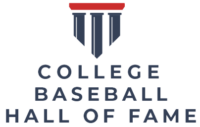
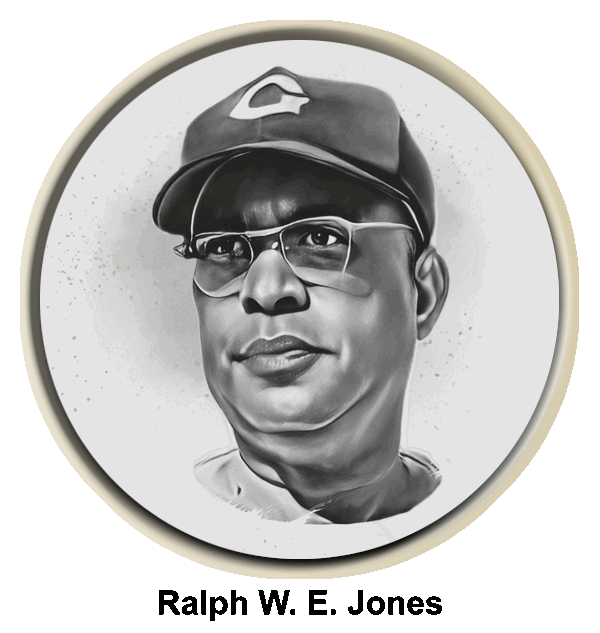






















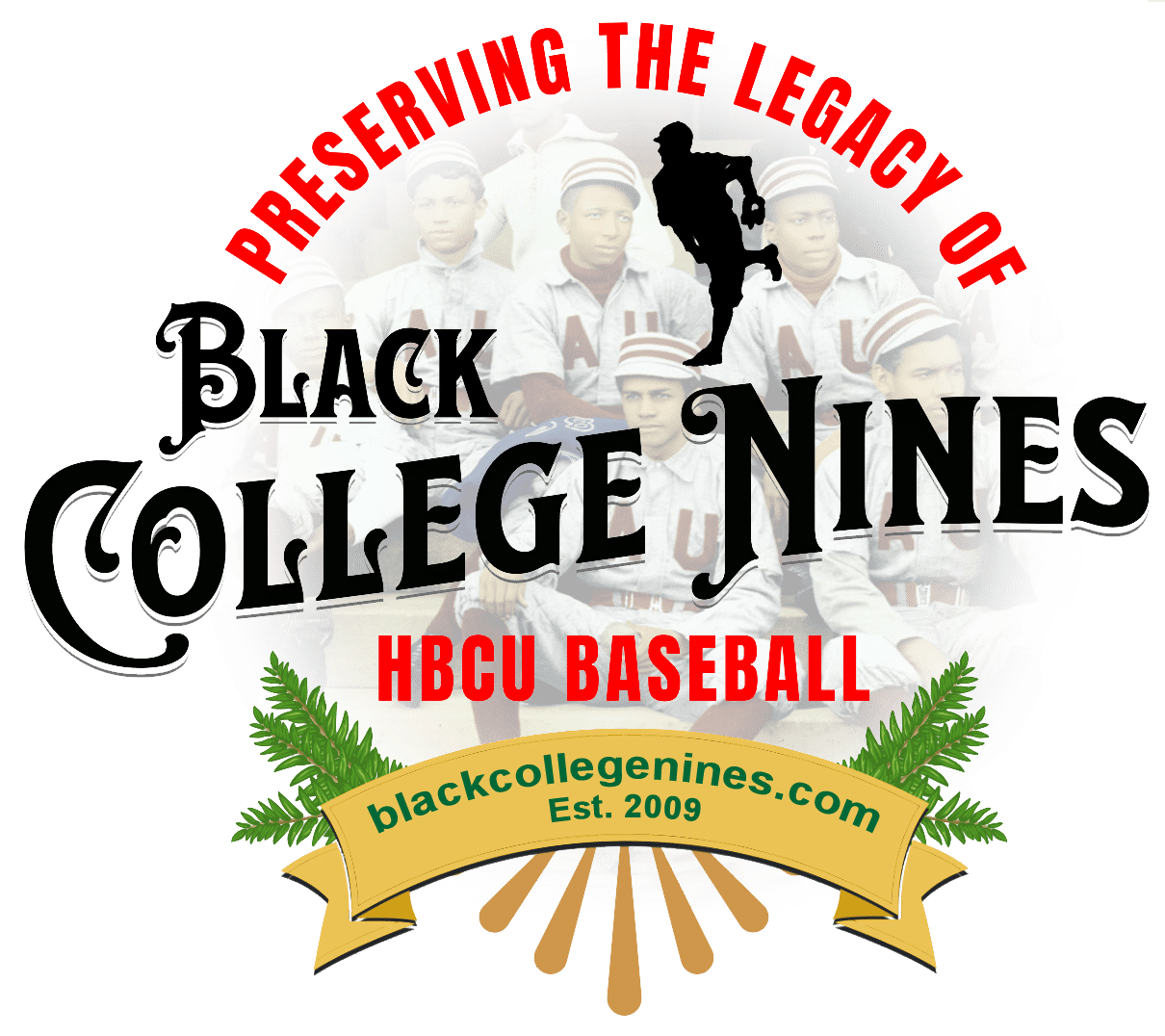







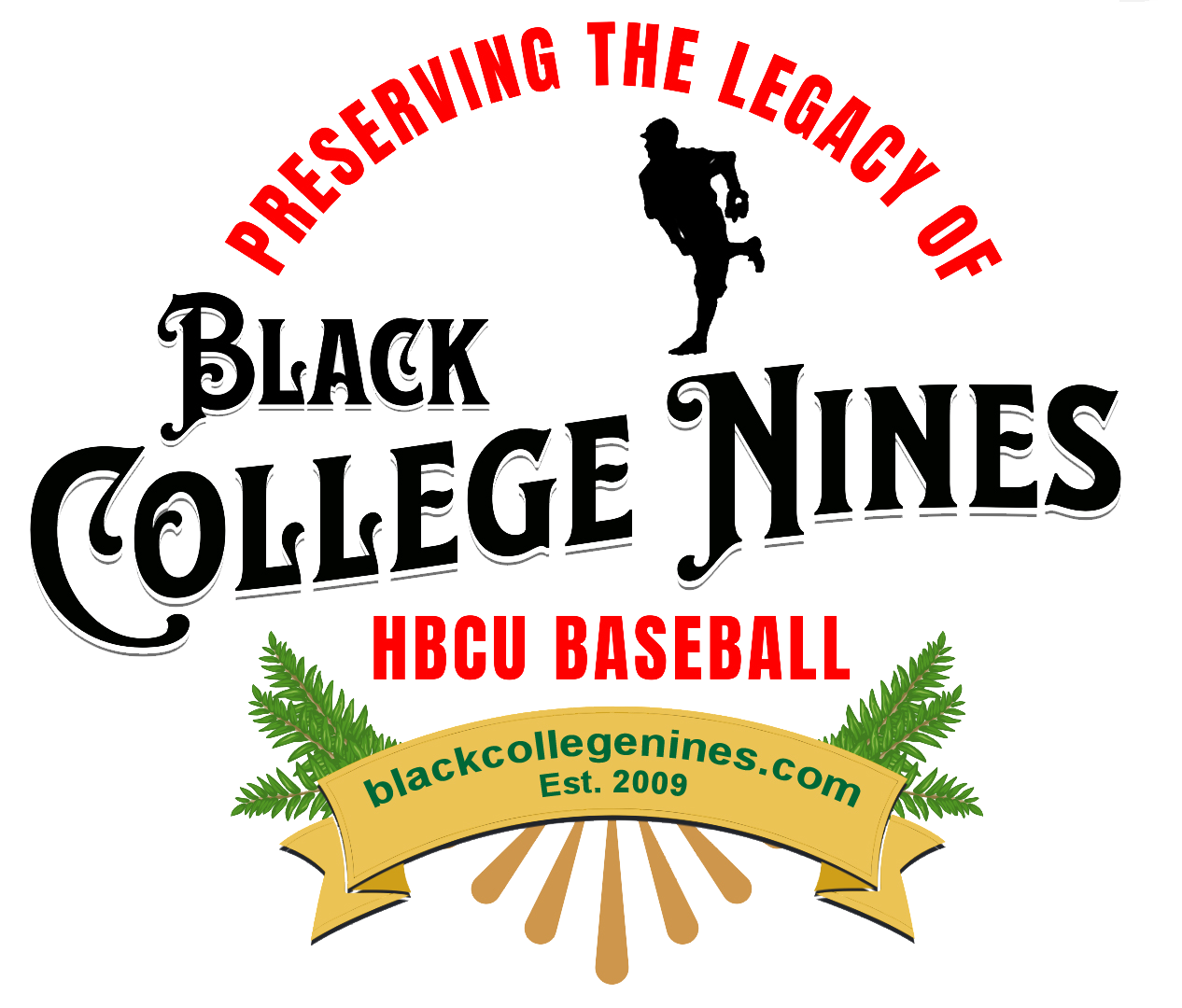
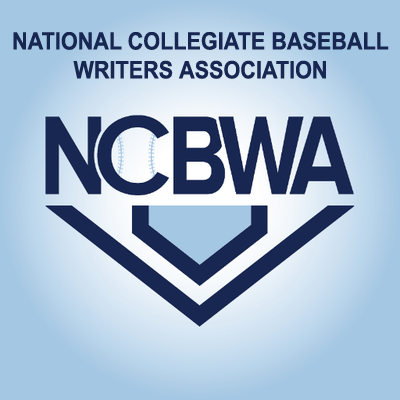
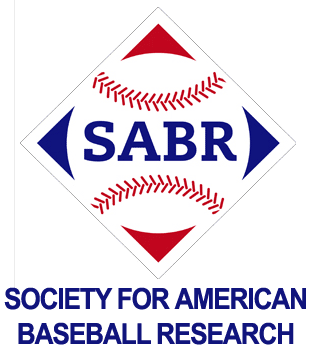
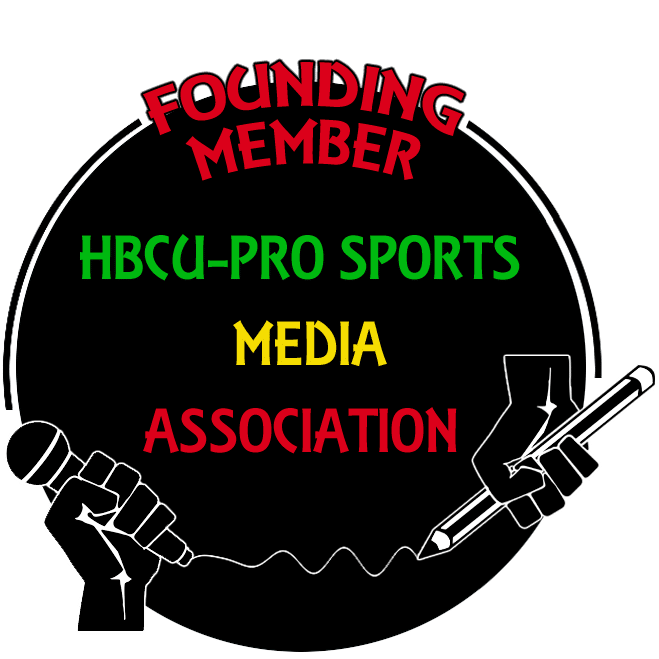

Billy:
My email address is [email protected]. Hit me up, and I will give you my phone number for an offline conversation.
Harold,
Please don’t worry to much about the typo’s, it happens. Not for you of course. My writing won’t change the matter at hand. Read for content. It took me a few reads to get thru what you guys wrote as well. I have been busy at work for 30 + years. ” more than just ideas” , impacting HBCU baseball right now. Wish I could share in this forum. Apparently you did not read my the comments early in my statement “Anonymity”” Is that spelled correct?
Read between the lines and the concept at the end. Sorry you had trouble reading between the lines. Wish I could say more, but Deion and 10 years coaching program should have been enough. Maybe one day we will chat offline. But what I will say is the dust won’t clear because there is a problem and we are not working together to solve it. We are all doing a pitiful job. Sorry you don’t agree… It is what is…..
Hopefully my typo’s went down some…..
Aluta Continua
Harold Michael Harvey says:
October 31, 2020 at 12:28 AM
Hey Billy, it took several reads to understand where you are coming from on the issue of HBCU baseball. If you write a plan, I will gladly edit it for you.
Get busy because it seems you have some ideas that can impact this issue.
When the dust clears on whoever said whatever, the point of this story remains to help young Black baseball players find college baseball opportunities and a career in the major leagues if blessed by fate. Peace.
Hey Billy, it took several reads to understand where you are coming from on the issue of HBCU baseball. If you write a plan, I will gladly edit it for you.
Get busy because it seems you have some ideas that can impact this issue.
When the dust clears on whoever said whatever, the point of this story remains to help young Black baseball players find college baseball opportunities and a career in the major leagues if blessed by fate. Peace.
Well folks it took a minute or so, to get through all of that and who said what about what. But if I can give my brief opinion. Who ever said we need to hold the AD, Coaches and who ever else accountable for hiring and recruiting blacks is right on target. And that should not start tomorrow that should start yesterday. I have some recent experience at this whole baseball recruiting thing at HBCU. I won’t say much as to keep my anonymity. Schools that should be put on the hot list for correction are many but lets start with A&T Norfolk St. NC Central, Coppin St, FAMU. Why them first? Because the baseball talent is to abundant. Now of course all the schools in Georgia are in the same boat. As we move over to Ala, Miss, La where the size an athleticism is over whelming those schools fall right in line. I sure the showcase was great, but the reality is, it has limited impact on the real results to recruiting. We really do appreciates the work and hope that it continues. Thank God for Deion Sanders. Were are the rest of the formal pro players taking a job at an HBCU and using there name and resources to grow a program. Where are the Black Pro-Scouts taking a coaching job at an HBCU? (Buck O’neal) I’m all about solutions. Here is a way this can be done. 5 former player or scouts agree to take the program over for 10 years each agreeing to 2 years with 1 strategic plan to develope and grow the program. I can write it for them, if they want. That way none have to lose 10 years of the income potential (life) and all would ad value in the 2 years they serve. After 10 years there will be a line out the door with more qualified black coaches. Now you can up the anti and do another 10 years. Not only that, who ever are the assistant coaches during that 10 year period are now coach develope as well. So it creates a dual development action. Some may call it community development. There is other ways to get to the finished line as well Let me know how I can help. I’m open. Peace!
I Care. Do You?
Thank you for your engagement in my piece about Black baseball players showcasing their skills before HBCU coaches. Perhaps you misread my byline. While I go by my middle name Michael, my byline lists my full name, Harold Michael Harvey.
I have never hosted a podcast at Black College Nines. I have never interviewed an HBCU coach on a podcast. My interviews are usually held down on the field following an athletic event. As James Baldwin put it, I tend to write what I see or “no better than I have seen.”
The disparaging remarks about Chip Lawrence were attributed to another commenter, Chris H., but I see where my writing was not clear as it could have been in rereading my response. Chris H. gave the showcase an “F.”
What I specifically attributed to you was the characterization of my contributions to Black College Nines as “puff pieces.” I now understand that you were referencing podcasts that you heard on the site. My colleague Michael Coker hosts those podcasts.
If you really want to read more of my work, I have written five books that chronicle some aspects of living Black in America. You can find them on my website, haroldmichaelharvey.com.
Thanks for the good wishes on my birthday. I look forward to meeting you and observing your son at next year’s Pro-Youth Foundation Showcase. I assure you the experience will be worth it to your son’s growth and development as a young man and a baseball player.
This is an important issue, stay engaged and keep the dialogue going. My email address is at the end of the story; drop me a line to include your thoughts in a follow-up piece.
Sir,
You’ve misread my sentiments entirely. It’s almost as if you created an entire half-story by yourself. Perhaps I should have been clearer. You’re correct, my pen name is rhetorical, and designed to attract eyeballs. You obviously care, or you wouldn’t have addressed the subject. It’s really a question for avid readers of your post, myself included. Please note NOWHERE in my post did I thrash, trash or otherwise disparage the efforts of Mr. Lawrence. What he’s doing speaks for itself, and I hope it blossoms into the premier showcase circuit in the country. His weekend turnout is a testimony to the need he’s filling. My son will be looking to get this opportunity next year, and I promise he’ll be in attendance, if he isn’t already committed. The puff pieces I referenced are in relation to the “feel-good” interviews with coaches that you’ve already hosted, hence “no more puff pieces.” My point is that the coaches need to be interrogated in future interviews. “If the shoe fits…” I truly respect your work and wish you’d right more often. That’s how much I look forward to your posts. Please keep those spikes flying high on your next podcast with a coach whose representation isn’t reflective of the black talent that graces this country. Be well, Sir. I look forward to your posts. P.S. Belated Happy Birthday! I hope to meet you one day, and show you how much I care.
I care. Do You?
Thanks for commenting on this piece. Your question appears to be rhetorical given that I wrote this piece and pointed out the discrepancy in the numbers that you find “REPREHENSIBLE! UNFORGIVABLE! UNACCEPTABLE!”
A major problem in the Black community is that we are very harsh with criticism of people in our community doing the work to resolve community issues.
For instance, two of the three comments to this article start by thrashing the people addressing the problem. Like you, Chris H. above found fault with Chip Lawrence for putting on a showcase that brought Black baseball players and HBCU coaches together.
Chris H. began his piece with this retort: “The HBCU showcase gets an A for effort but an F for reality.” Lawrence does not deserve this type of back-handed compliment because he tries to change the reality that far too few Black men play at HBCUs and in the major leagues.
Moreover, this piece, which you describe as a “puff piece,” got you to go public with your thoughts. What if I had not included this stat in my piece. Would you have been so alarmed about the situation that you would have commented on the reality of HBCU baseball in the 21st century? This is a rhetorical question, so that I will answer it. Probably not.
I’ve been beating the drum about the status of HBCU baseball for the last five years. Where have you been? Welcome to the fray.
Now let’s get to the substance of your comment.
You write: “So it seems to me that HBCU presidents, ADs and coaches should have to answer to the alumni base, parents and fans. This cannot continue to be swept under the rug, as athletic AND academic talent is not only being lost to HBCUs but also putting our children at a deficit when it comes to academic and financial assistance through athletics.”
Bravo! You have hit the nail squarely on the head. I would only add that HBCU Presidents and Athletic Directors would be wise to look over their shoulders because the same rationale for hiring white head baseball coaches may soon be used as justification to hire white presidents and ADs at HBCUs.
For more on my thoughts about HBCU sports programs’ survivability, see my book, The Duke of 18th & Vine: Bob Kendrick Pitches Negro Leagues Baseball ( Harold Michael Harvey, Cascade Publishing House, Atlanta, 2020).
Moreover, like Chip Lawrence, my reporting on Black College baseball’s status does not deserve the Black back-handed slap-down that you flung my way. Two days ago, I turned 69. I could have spent that weekend doing anything in the world except bringing attention to young Black men showcasing their talent to HBCU coaches. I will give you the benefit of the doubt. You don’t know me, but let me tell you when I played the game at two HBCUs, I came into second base with my spikes flying high! Now, let’s see you put some action in your care.
“Black college baseball teams…are today, on average, comprised of over 85 percent white players.” This, Sir, is REPREHENSIBLE! UNFORGIVABLE! UNACCEPTABLE! And we as parents, and in some instances, HBCU grads, should be raising holy hell. Let’s call a spade, a spade. College coaches are recruiting players who mainly mirror their pigmentation (or lack thereof). So it seems to me that HBCU presidents, ADs and coaches should have to answer to the alumni base, parents and fans. This cannot continue to be swept under the rug, as athletic AND academic talent is not only being lost to HBCUs, but also putting our children at a deficit when it comes to academic and financial assistance through athletics. No only that, their staffs don’t reflect young, upcoming black talent who can move into the coaching, recruiting and AD pipeline of talent. The trickle down effect is strangling black talent, recruiting and coaching. Each one who cares need to write, call, email and communicate our displeasure with college admins. We must not remain silent and sit idly by while our sons are being denied opportunities at many of these DI and DII and NAIA institutions. One can only hope that the HBCUs who care enough to hire black coaches start to annihilate those teams that are predominately white and Latin. Finally, may I suggest you have these uncomfortable conversations with these coaches when you interview these coaches? No more puff pieces. The guilty coaches should be put on the Hot Seat. They owe us answers.
Chris H, thanks for your comment. The status of Black College baseball is a complicated quagmire. I get emails throughout the year from parents looking for opportunities to showcase their sons before HBCU baseball coaches. The hunger for a Black College education is there, but the available slots are not plentiful as they were when I played college baseball in the 1970s.
The HBCU showcase get an A for effort but an F for reality. The fact that HBCU schools were designed for African American students and Athletes over 100 years ago because we were not able to attend PWI. Fast forward to 2020 and Black Athletes especially baseball players are finding themselves on the outside looking in because the baseball dugouts are filled with not only white players but white head coaches.
Its not just white coaches, its Latino coaches and players as well. So what options does a black baseball player have now? NONE, so if the black university isn’t hiring black coaches to recruit black baseball players and the white and latino coaches aren’t recruiting black players, the black player doesn’t stand a chance. White baseball players that weren’t recruited to Division 1 schools have found the loop hole called minority scholarships. Now they are applying to HBCU schools and coaches are grabing them like its raining $100 bills. So the talented black player that has the 2.0 GPA and family is financially straped gets over looked because the stereotype says black kids can’t make the grade in school.. So why waste a spot on the teambfor a kid who might not be eleigble to play come 2nd semester. Its so many issues involving black baseball that pushes kids and families away.
So it goes back to the saying that, we are own worst enemy.
Michael, thanks for your comment. I would like to interview you on your experience as an MLB scout. Please let me know if you are available and I will set it up.
The issue I’ve had for many years is the lack of Major League Baseball continued scouting for talent at HBCUs. Almost all of the scouts nowadays only visit HBCU baseball programs on scheduled scouting days arranged by the head coach. As a former MLB scout. Back then we checked on a draft eligible kid five maybe six times during the season. We did not wait until the start of the conference tournament. Those days are long gone, plus I can tell stories of scouting directors that have avoided HBCUs on draft day skipping major talent. More than five-years ago a American League East team fired a scout for speaking up and criticizing his scouting director for not selecting draft day HBCU prospects he and other scouts had covered. This also extends to a National League West team.